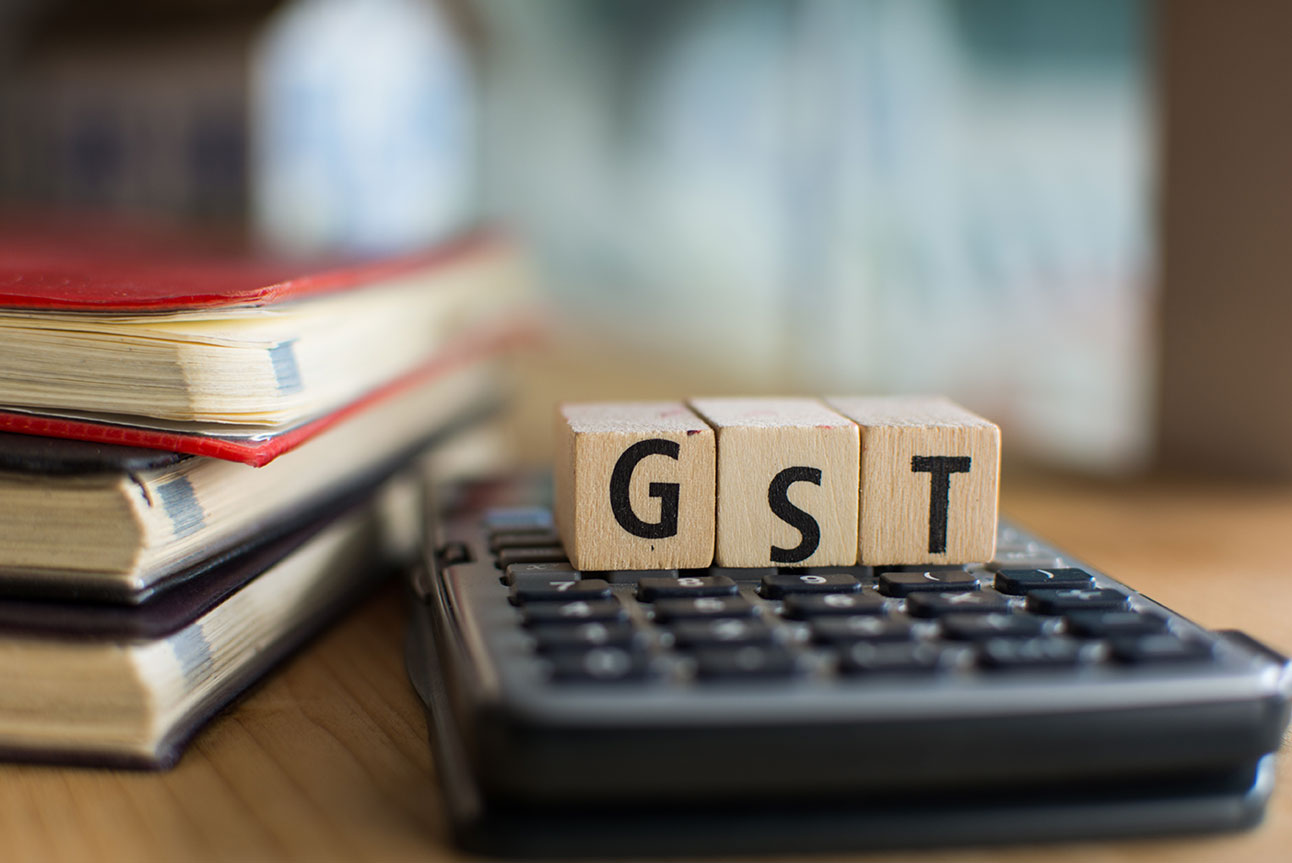Year 2017 – The gloom and doom pundits were in business in India. A famous fund manager said demonetization would result in the economy crashing albeit may be for few quarters but the effect would be as extreme as a moving car crashing into a wall. Air bags would save the passengers, but there would be more than a few bruises.
The common man bought the rhetoric that this was an attack on the wealthy who had stored black money. Many were trying creative ways to dispose of cash and stories on social media and whatsapp were wild. It helped the govt’s narrative though. The ruling BJP won the UP elections in Feb, 2017 with a thumping majority. Demon was a major talking point in all rallies. BJP won an unprecedented 80% of seats contested and the state was painted saffron. The question of who would be CM, was soon answered in the form of Yogi Adityanath. Life moved on. And then came GST

Markets, globally and in India started rallying from January 2017. After Trump’s inauguration and the initial shock of demon wore off. Fund Managers were wary even though MIDAS and MIDAS-R were fully invested. After an eventful year end to 2016, 2017 seemed sedate in terms of events. Markets however were anything but sedate. Trump’s win spurred a narrative of pro-economic reforms in the US – tax cuts, spending and perhaps even rate cuts. Whatever it was, equity markets were on a roll.



Biocon, Bluestar, Ramco Cements, City Union Bank were some of the big winners for the year. The few losers were Vardhaman Textiles, Balmer Lawrie and MGL. The year end numbers had investors and fund managers beaming. Ajay Kaul however, was a veteran, who understood returns were mean reverting in nature.
अश्क भी गिरते है
सबक भी होता है
साँस भरना ही नहीं
ज़िन्दगी होता हैAnonymous
He remembered a paragraph in Ed Seykota’s Market’s Wizard’s interview where Jack Schwager asks him how does he feel when a position he holds goes against him and when it goes in his favor. And Seyokta replies that in both situations he feels sad. In the first case it is obvious, but why does Seykota feel sad when the market moves in his favor? It is because he knows that he will not be able to capture all the gains on offer.

